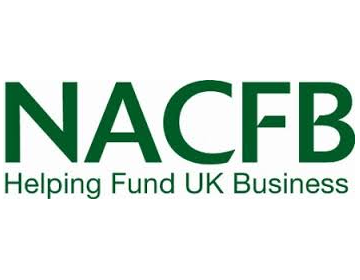Mortgage holders swallowed another bitter pill last week when the Bank of England raised interest rates for the tenth consecutive time.
The widely expected increase to 4% represented the highest base rate for 15 years, at a time when many households are already struggling with inflated food and energy costs.
According to property finance specialist Anderson Harris, around 1.8 million mortgage holders are due to renew their fixed rate products over the course of 2023. With the base rate expected to climb again, many will be facing painful increases in their monthly repayments.
Nor is that the end of the problem, as the Bank of England is expected to implement further rises over the coming months and are expected to signal that when rates peak, they will remain high for some time before it can be sure that inflation is under control.
Compounding the issue is the fact that those seeking to renew their mortgages are likely to find lenders’ affordability calculations tougher. That’s because lenders will be factoring in higher household bills and expenditure, as well as higher interest rate stress testing. If property prices are falling this may also have an adverse impact on the loan to valuation (LTV) when renewing a mortgage rate.
Ray of light
One small ray of light is that fixed mortgage rates have been falling for the past three months, despite the Bank of England’s rate rises. It remains to be seen for how long the mortgage fixed rates will continue to reduce.
Adrian Anderson, director of Anderson Harris believes there are practical steps that mortgage holders can take to ease the pain.
“Many mortgage holders are in a precarious position right now, with those who are due to renew fixed rate products looking at significantly higher interest rates and tougher affordability calculations than they faced at their last renewal. However, there are avenues that mortgage holders can take to try and stave off the worst of the situation – such as seeking early advice and working proactively with lenders.”
Anderson is advising mortgage holders with fixed-rate terms that end this year to get in touch with their independent mortgage advisors as soon as possible. He also recommends those with funds available to consider overpaying into their mortgages prior to renewal, to take advantage of their existing cheaper rate – provided their policy terms around early repayment allow them to do so without penalty.
“Many policyholders can pay up to 10% a year without incurring early repayment penalties in their mortgage during the fixed rate period. Those who can afford to do so can reduce the pot to which interest is applied, which may help their loan to value at renewal time,” he said.
“While the cost-of-living situation is grave, in our experience, mortgage lenders want to treat customers fairly and don’t want to launch a tsunami of repossessions. Each person’s situation is of course different, and banks are reviewing accounts on a case-by-case basis. But, generally speaking, mortgage lenders have an appetite to help if customers alert them in plenty of time.”
Anderson Harris is seeing lenders take a range of approaches at present with customers who are facing financial difficulties. These include increasing the capital repayment mortgage term to keep payments at a lower rate, agreeing payment holidays and switching mortgages in the short-term to interest-only products.
The team’s strongest piece of advice for mortgage holders is not to delay. Those preparing to speak to their lender should ensure they are clear about their current income and outgoings, including assessing how much they may fluctuate in the short-term. Borrowers should also be open to discussing a range of alternative options with their mortgage lender.
Anderson added: “Lenders won’t penalise you for having the affordability conversation. These are unprecedented times, and they recognise people will struggle. It’s important for you and your lender to have clarity over your financial situation, so you can both find a solution which will work for you and your family.”













.jpg)




Join the conversation
Be the first to comment (please use the comment box below)
Please login to comment